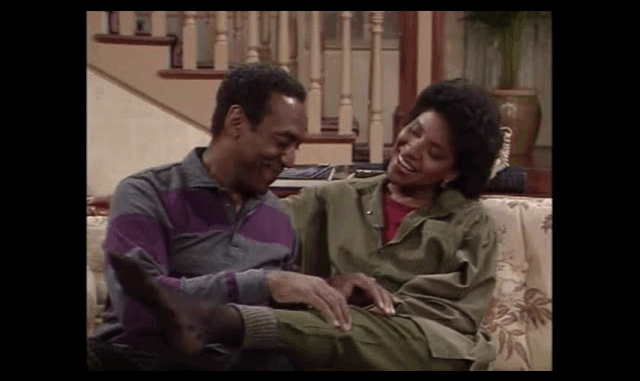
More than three decades after its final episode aired, The Cosby Show continues to spark conversations, inspire debates, and influence television creators. Despite its complicated legacy, this beloved sitcom remains a cultural cornerstone, representing a pivotal moment in American TV history.
A New Narrative for Black Families on TV
Before The Cosby Show, representations of African American life on television were often limited, stereotypical, or marginalized. The Huxtables shattered that mold. Cliff and Clair Huxtable were not only successful professionals—they were deeply human, funny, loving, and flawed in ways that resonated with millions of viewers.
This portrayal marked a turning point, showcasing a Black middle-class family in a way that was rarely seen on mainstream television. It brought dignity and nuance to a demographic often overlooked or misunderstood by Hollywood.
Bridging Generations Through Humor
One of the show’s greatest strengths was its ability to bridge generational gaps. Parents, children, and even grandparents could sit down together and enjoy the same episode. Its humor was clean but clever, and its messages—about respect, responsibility, and identity—were timeless.
Whether it was Theo learning about budgeting or Vanessa sneaking off to a concert, the stories felt authentic. The Cosby Show didn’t preach; it taught through laughter.
An Educational Catalyst
Beyond entertainment, The Cosby Show quietly promoted education and Black excellence. Characters frequently wore college sweatshirts from historically Black colleges and universities (HBCUs), subtly encouraging young viewers to value higher education. For many, this exposure was formative.
In fact, studies from the late 1980s showed an increase in Black college enrollment, partially attributed to the show’s influence. The Cosby Show didn’t just reflect success—it cultivated it.
Inspiring the Next Generation of Storytellers
The show opened the door for a wave of African American-led sitcoms and dramas. Creators like Kenya Barris (Black-ish), Shonda Rhimes (Scandal), and Issa Rae (Insecure) have cited The Cosby Show as a foundational influence.
Its success proved that diverse stories could be universal. Networks began to invest more in multicultural storytelling, paving the way for more inclusive programming in the decades that followed.
Reconciling Legacy and Controversy
Today, conversations about The Cosby Show are inevitably tied to the criminal convictions and public downfall of its creator and star, Bill Cosby. This has led to complex discussions about how society separates—or doesn’t—art from artist.
While many platforms removed the series from syndication, others argue for its preservation, not as a celebration of one man, but as a cultural artifact that uplifted millions and reshaped TV history.
Final Thoughts: A Legacy Worth Reflecting On
The Cosby Show was never just a sitcom. It was a cultural force—a mirror and a model for what American family life could look like. Its legacy is complicated but undeniable. It gave voice to a new narrative, opened minds, and inspired generations.
In the age of streaming and constant content, its influence remains visible in shows that dare to be honest, heartwarming, and boldly representative. Love it or critique it, The Cosby Show still matters.